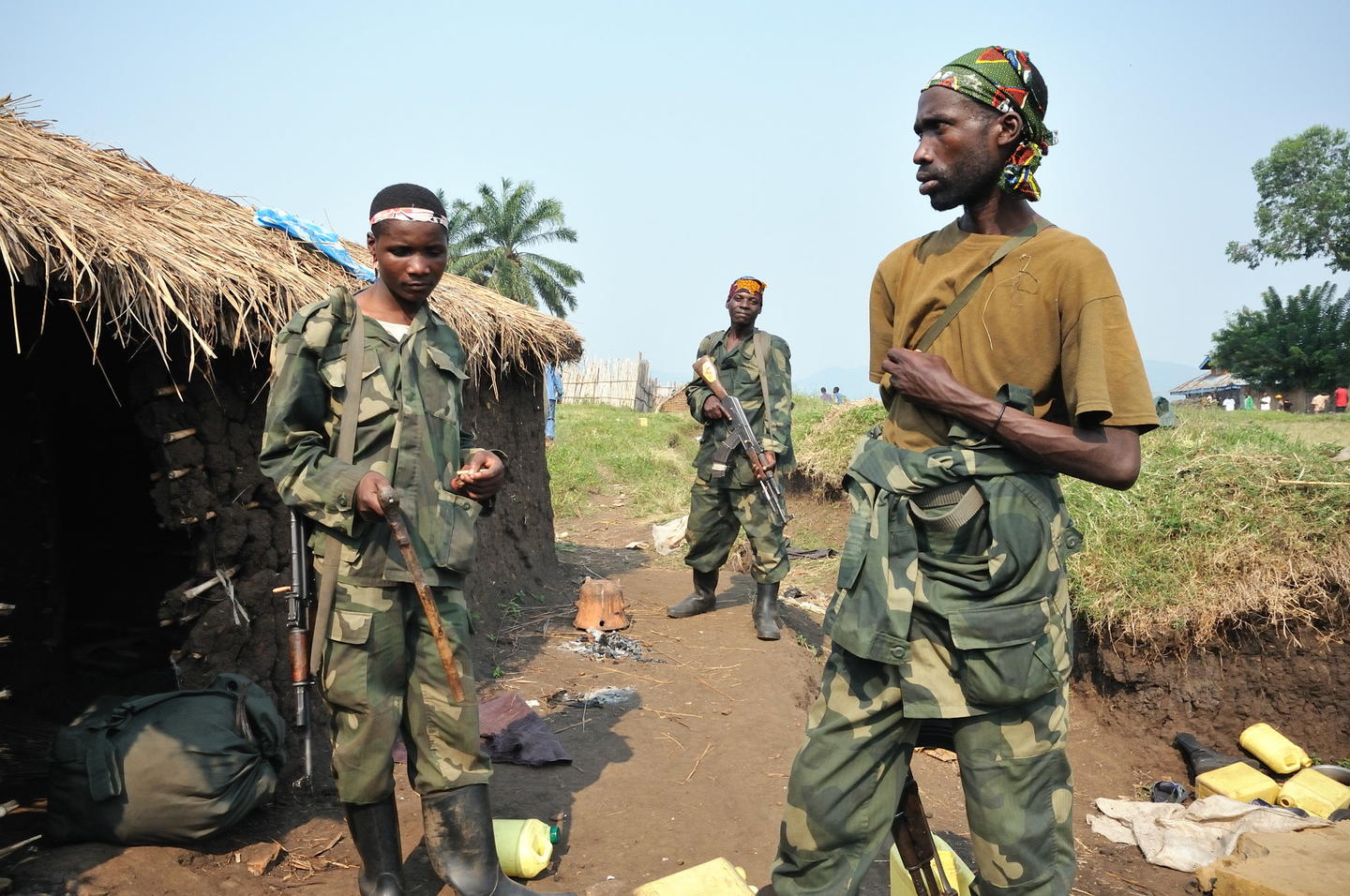
Rwanda: when a partner in migratory neo-colonialism risks betraying its own people
Rwanda has recently agreed to accept up to 250 migrants expelled from the United States, a move officially framed by Kigali as an act of humanitarian solidarity.
Yet beneath the polished language of “reintegration” and “support,” this agreement raises troubling ethical, geopolitical, and practical questions about Rwanda’s evolving role in global migration politics.
Far from a purely humanitarian gesture, the deal paints Rwanda as a subcontractor in a growing pattern where powerful nations outsource their migration challenges.
Since 2022, when Rwanda controversially signed a similar pact with the United Kingdom (later suspended by the British Supreme Court for human rights concerns), Kigali has increasingly positioned itself as a destination for migrants the West wishes to expel.
However, Rwanda’s capacity to responsibly host these individuals is questionable. Lacking adequate infrastructure, legal protections, and democratic oversight, the risk looms that these migrants will be relegated to a status of invisibility and marginalization, their futures uncertain and vulnerable to political exploitation.
The country’s human rights record casts further doubt on the sincerity of its promises. Under President Paul Kagame, in power for over two decades, Rwanda has faced persistent allegations of press suppression, opposition silencing, and enforced disappearances.
While the government pledges healthcare, training, and shelter for the migrants, no independent monitoring mechanisms have been announced—a glaring omission given the country’s authoritarian backdrop.
This arrangement reduces migrants to bargaining chips.
The United States aims to remove undesired populations from its territory, while Kigali likely seeks economic aid or diplomatic leverage.
Such transactions echo dark chapters in history where human lives were traded in corridors of power with little regard for dignity or justice.
Alarmingly, Rwanda’s role could set a dangerous precedent across Africa. Already, fragile states like South Sudan and Eswatini have accepted deportees from the US, suggesting a troubling trend where African countries become dumping grounds for migrants rejected by wealthier nations. This outsourcing ignores the root causes of migration—poverty, conflict, repression, climate change—offloading responsibility without meaningful solutions.
Perhaps most overlooked is the voice of ordinary Rwandans. With decisions made in Kigali’s tightly controlled, top-down political system, citizens have had no say in this costly and sensitive policy, which will ultimately be financed by their taxes. In a nation still grappling with rural poverty and simmering social tensions, such unilateral moves risk deepening divides.
The transfer of migrants to Rwanda offers neither justice nor sustainability. It is a morally questionable maneuver that fails migrants, expelling countries, and host societies alike. Real progress demands that rich nations take responsibility, crafting humane, transparent immigration policies in partnership with origin countries. Meanwhile, Rwanda must reconsider its role, prioritizing the welfare and dignity of its own people over geopolitical expediency.



